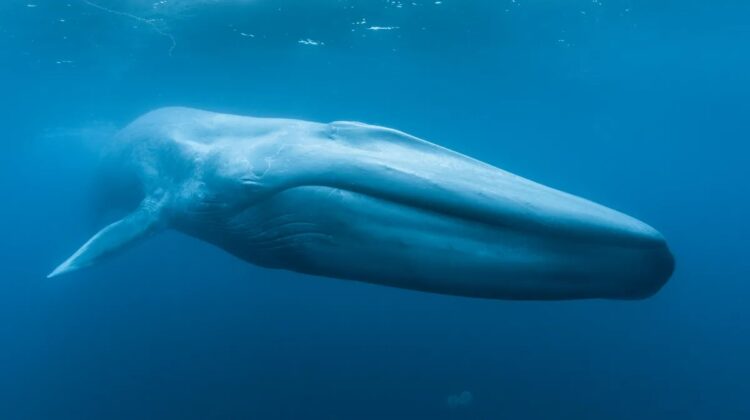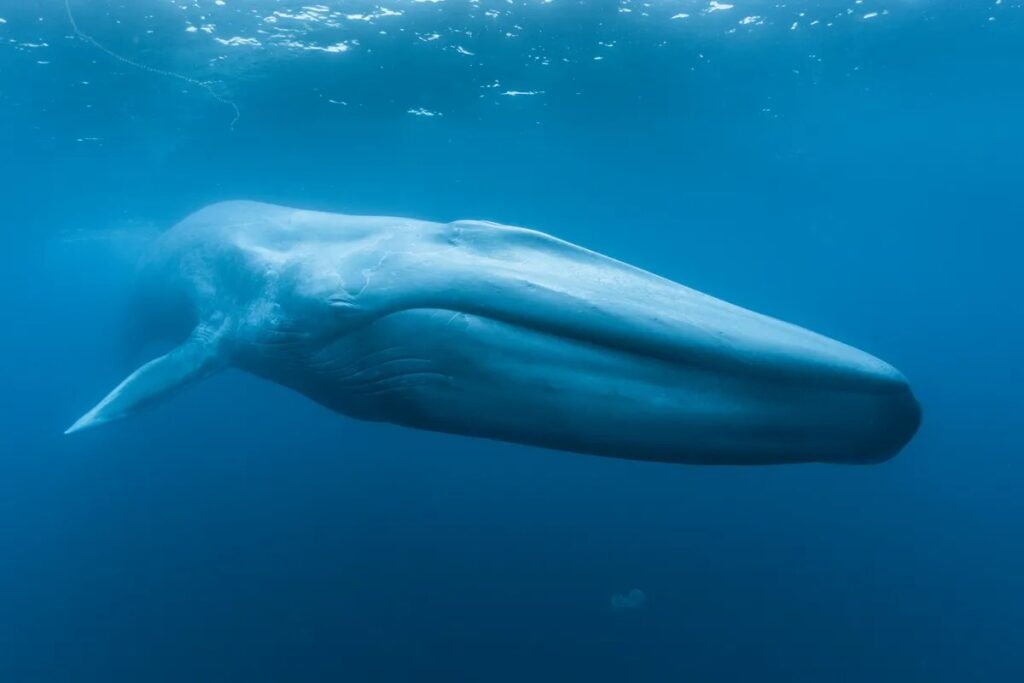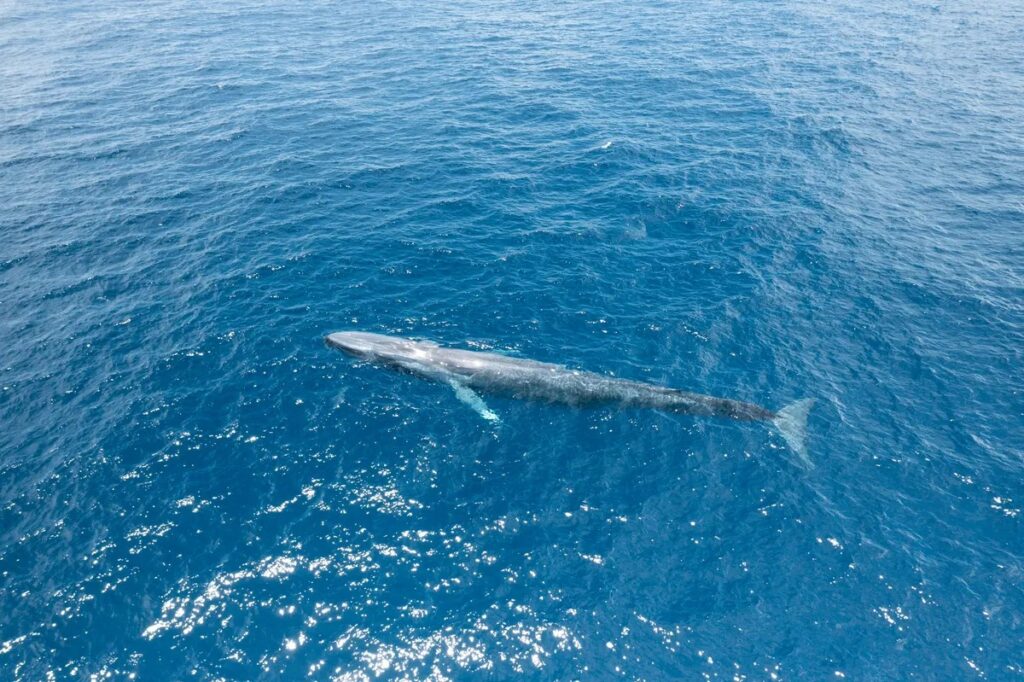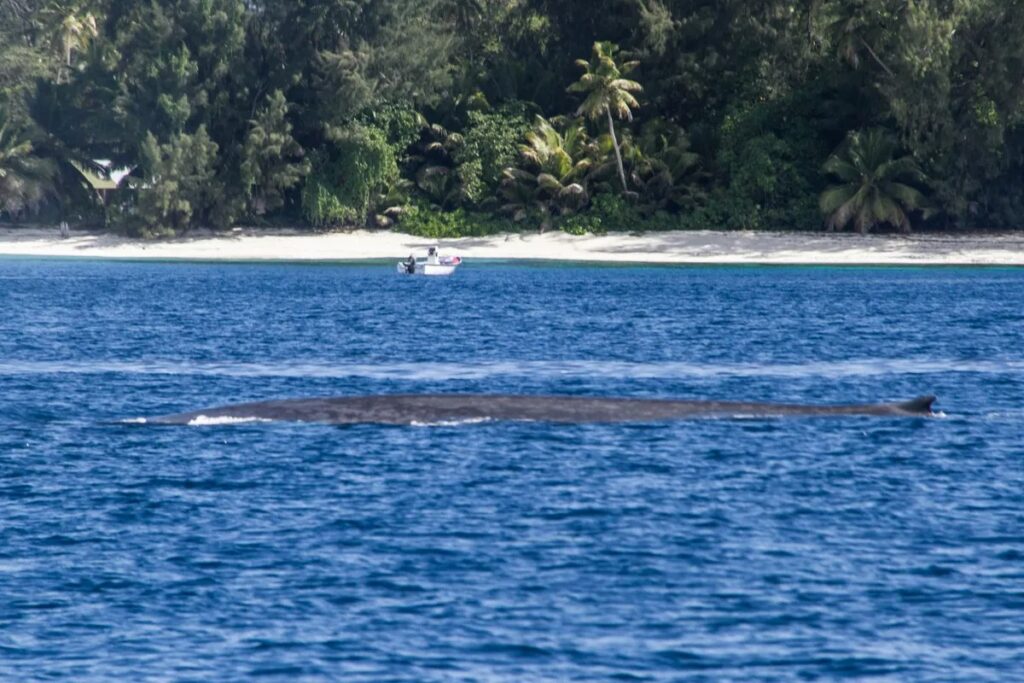
In a heartening turn of events, Seychelles, a paradisiacal holiday destination, once marred by a dark whaling history, has received uplifting news – blue whales have officially returned to its waters. The Indian Ocean surrounding Seychelles, a former whaler’s haven, witnessed the return of these magnificent creatures, marking a significant triumph for conservation efforts.
Back in 1978, Seychelles took a stand against whaling, successfully lobbying to protect the Indian Ocean from the harpoons of hunters. However, until recently, it remained uncertain whether blue whales would reclaim this once-threatened territory. The confirmation of their return comes courtesy of an extensive study conducted over two seasons in November 2020 and 2021 by a team comprising scientists from Florida International University, Oregon State University, and the University of Seychelles.

The researchers focused their investigations on an oceanic area where opportunistic sightings of blue whales had been reported in October 2017. Armed with visual surveys and a diver-deployed acoustic recorder capable of year-round recordings, the team documented an array of 23 species, with the exhilarating revelation that blue whales, specifically the pygmy blue whale (one of four known subspecies), have made Seychelles their aquatic home once more.
Dr. Jeremy Kiszka, a biology professor at Florida International University and a research associate at the Island Biodiversity and Conservation Centre at the University of Seychelles, expressed his amazement, stating, “It is remarkable to know that the largest animal on earth swims here.” The findings highlight the success of regulations implemented to safeguard these majestic beings after the cessation of whaling.
Dillys Pouponeau, a research assistant at the SOSF D’Arros Research Centre, shared the sentiment, emphasizing the significance of the news in reflecting the oceans’ productivity and the positive impact of regulations in protecting these species.

The study also identified the specific blue whale population visiting Seychelles – the northern Indian Ocean. Researchers observed that these populations spend substantial periods in the region, primarily during March and April, suggesting potential breeding activities, including the birth of adorable blue whale calves.
Dr. Kate Stafford, one of the lead investigators, highlighted the importance of Seychelles for blue whales, emphasizing that the region could be crucial for the breeding season, during which males are believed to sing.
The return of blue whales to Seychelles holds profound meaning, considering the region’s dark history as a whaling ground in the 1960s. Whalers decimated 500 blue whales near Seychelles, contributing to the removal of over 12,000 pygmy blue whales from the entire Indian Ocean. Despite legal protections against whaling, blue whales still face threats such as noise pollution from shipping traffic and changing food distribution due to climate change.

Dr. Kiszka stressed the ongoing challenges faced by blue whales, underscoring the need for continued efforts to ensure the survival of these gentle giants. The return of these magnificent creatures to Seychelles serves as a poignant reminder of the resilience of nature and the importance of ongoing conservation endeavors.

Leave a Reply